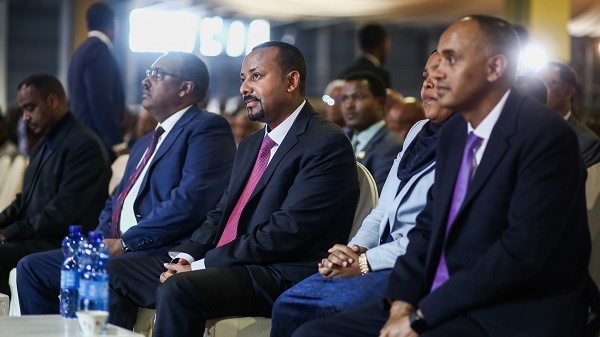
The International Monetary Fund (IMF) recently approved a financing package (IMF-supported program), amounting to US$2.9 billion, to Ethiopia to help the country implement the Homegrown Economic Reform Plan (HERP) so as to maintain macroeconomic stability and improve living standards.
Ethiopia’s public investment-driven model of the past two decades has delivered impressive economic and social outcomes but has resulted in growing vulnerabilities. To tackle these vulnerabilities, the Ethiopian government has recently unveiled an ambitious Homegrown Economic Reform Plan, for which they sought financial support from the IMF.
The recently IMF approved financing package is well-aligned with the Homegrown Economic Reform Plan and designed to address macroeconomic imbalances and implement structural reforms to upgrade policy frameworks and facilitate the shift from public sector to private sector-led growth.
The IMF-supported program will:
- Address the foreign exchange shortage and the transition to a more flexible exchange rate regime. A further rationalization of import-heavy public investment projects, combined with reforms to boost FDI and exports, will address external sector vulnerabilities. Greater exchange rate flexibility over time will eliminate the gap between the official and parallel market and boost competitiveness.
- Strengthen oversight and management of state-owned enterprises (SOE) to contain debt vulnerabilities. Maintaining strict control of SOE borrowing will contribute to continued reduction of debt vulnerabilities. Publication of a consolidated financial performance for SOEs based on financial statements will increase transparency and accountability.
- Boost domestic revenue mobilization and increase expenditure efficiency to create space for reducing poverty and infrastructure spending . Revenue reforms on both the policy and administration front are designed to increase the tax to GDP ratio. These reforms, combined with efforts to strengthen public financial management, including increasing the efficiency of public investment, will ensure that infrastructure and social spending needs are met without undermining debt sustainability.
- Reform the financial sector to support private investment and modernize the monetary policy framework. Reducing financial repression and developing the financial sector will increase private sector access to credit. A phasing out of central bank direct financing of the budget and development of short-term market-based instruments are essential to create a monetary policy framework that is well-equipped to consistently achieve inflation objectives.
- Reinforce the supervisory framework and financial safety nets. Progress towards strengthening regulatory and supervisory standards will contribute to continued financial stability. Approval and implementation of regulations for deposit insurance will be an important step to bolster financial safety nets.
Source: IMF
